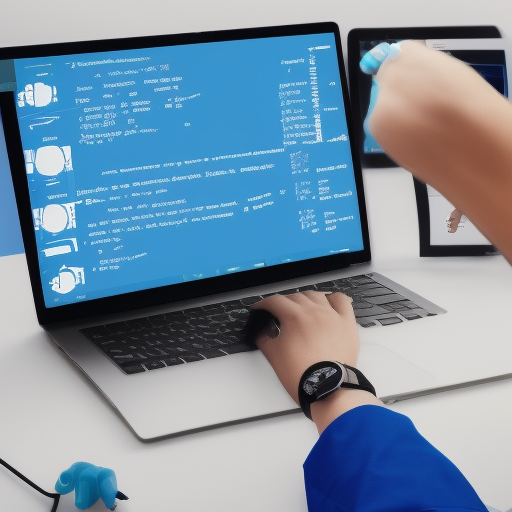What is a Clinical Research Epidemiologist
Few careers can impact human health and global policies the way a clinical research epidemiologist does. People walking this careers in public health path have the exciting task of discovering how and why diseases happen and prevent the spread and recurrence of these diseases.
A clinical epidemiologist studies diseases and provides information to public health networks about disease prevention and control.
Requirements for Epidemiologists
EDUCATION
Education in the following fields is highly useful in preparing for a future career as a clinical research epidemiologist:
• Biological sciences
• Statistics
• Physical sciences
• Immunology
• Biostatistics
Courses like the ICH-GCP Certification and Advanced Principal Investigator Physician Certification offer focused training that aligns well with the needs of a clinical research epidemiologist.
SKILLS
A master's degree with a specialization in public health is the common education requirement for clinical epidemiologists.
Epidemiologists are often called upon to provide community outreach and public health information services, which makes skills such as critical thinking, communication, and a knack for teaching important for success in the field. Explore the Clinical Research Coordinator and Clinical Trials Assistant Training to develop these essential skills.
SPECIALIZATIONS
There are several specializations people interested in clinical research epidemiology can pursue. These lead to different, but uniquely rewarding career paths. The following specializations are among the most common:
• Infectious diseases
• Chronic diseases
• Bioterrorism
• Injuries
The key is for students to find specializations that spark their interests. Consider enhancing your expertise with certifications like the Pharmacovigilance Certification or the Advanced Clinical Research Project Manager Certification to broaden your career opportunities in these areas.
SALARY
Pay for an epidemiologist is $65,270 per year or $31.38 per hour. The income varies greatly depending on the industry. These professionals work in a variety of environments, such as an office, lab, or a medical setting with doctors. Check here for postings near you.
Take courses from CCRPS and learn more on how to become a clinical research professional.
Discover more from Clinical Research Training | Certified Clinical Research Professionals Course










